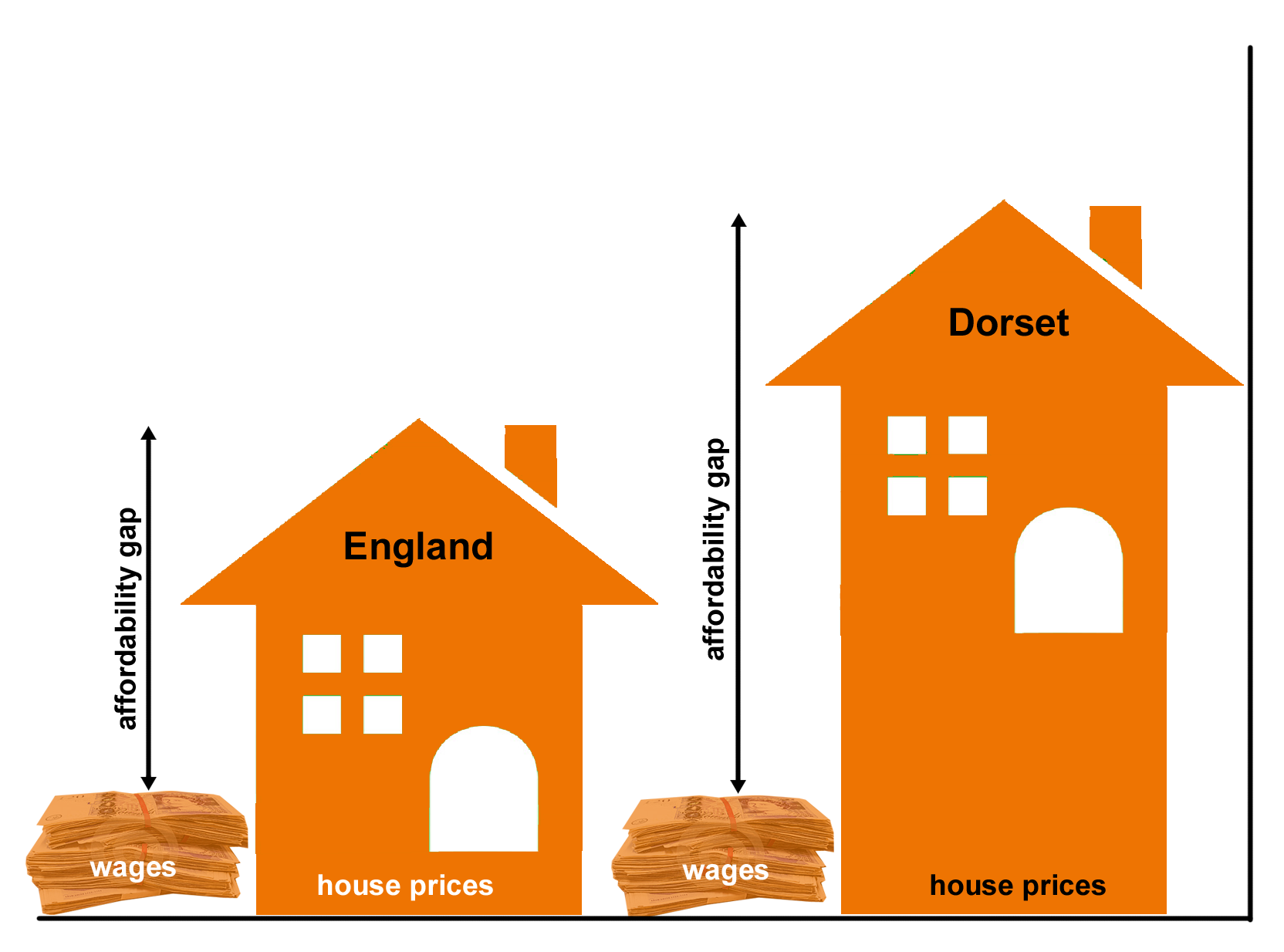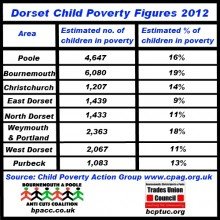Deprivation has a significant impact on health and wellbeing. Dorset’s areas of deprivation are largely located in the most urban areas – in particular Weymouth & Portland – but many of Dorset’s rural communities could also be considered deprived in terms of barriers to housing and essential services.
As the number of older people living in rural areas grows, the challenge of access to facilities and pressure on health and care services will accelerate.
Social deprivation
- There are twelve areas (out of a total of 249) in Dorset within the top 20% most deprived nationally for multiple deprivation, down from 13 in 20101.
- Nine of these are within the urban borough of Weymouth and Portland, two are in Christchurch and one in West Dorset.
- The gap in life expectancy between the most deprived and least deprived areas of Dorset is 6.3 years for men and 5.9 years for women2.
- 23 of Dorset’s neighbourhoods are in the 20% most deprived nationally in relation to education1.
- 41% of Dorset’s population live in rural areas3. Barriers to housing and essential services are significant in Dorset reflecting rurality and distance from services. 67 Dorset neighbourhoods fall in the 20% most deprived nationally for this measure: 21 are in West Dorset and 20 in North Dorset1.

Economic deprivation
- Nine neighbourhoods in Dorset fall into the top 20% nationally for income deprivation (up from five in 2010) – seven of these are in Weymouth and Portland1.
- Weymouth and Portland residence based weekly earnings are £488 per week compared with £541 in Great Britain4.
- In Dorset, about 28,400 people including 4,000 children live in 16,100 workless households: 13% of Dorset households were workless compared to 15% nationally5.
- In 2015, lower end house prices were more than ten times higher than lower end earnings in Dorset – and even higher in Christchurch, East Dorset and Purbeck6.

Why does it matter:
Deprivation impacts heavily on both individuals and families and consequently on council services, as those likely to suffer deprivation rely more heavily on intervention and support from the public sector. Low income households will qualify for additional assistance for a range of council services such as Adult and Community Services and Children’s Services.
Areas of high deprivation also correlate strongly with higher levels of certain types of crime such as anti-social behaviour, domestic violence and burglary.
Deprivation is also a key challenge to health and wellbeing with levels of obesity and other lifestyle related conditions higher amongst those living in deprivation.
For those suffering deprivation in rural areas, poor access to services can exacerbate problems they already face. Social isolation provides a challenge for the provision of council services.
Headline Figures
12
Areas of Dorset in most deprived nationally
41%
Dorset population living in rural areas
10x Higher
Lower end house prices compared to lower end earnings
67
Areas in most deprived nationally for access to housing and services
23
Areas in most deprived nationally for education
9
Areas in most deprived nationally for income
16,000
Workless households
4,000
Children Live in workless households
Sources
- 1 English Indices of Deprivation (2015), DCLG
- 2 Public Health Outcomes, 2012-2014
- 3 Census of Population, 2011
- 4 Annual Survey of Hours and Earnings (2016), ONS (full time gross weekly earnings)
- 5 Annual Population Survey (2015), ONS
- 6 Ratio of lower quartile house prices to lower quartile earnings (2015), DCLG







